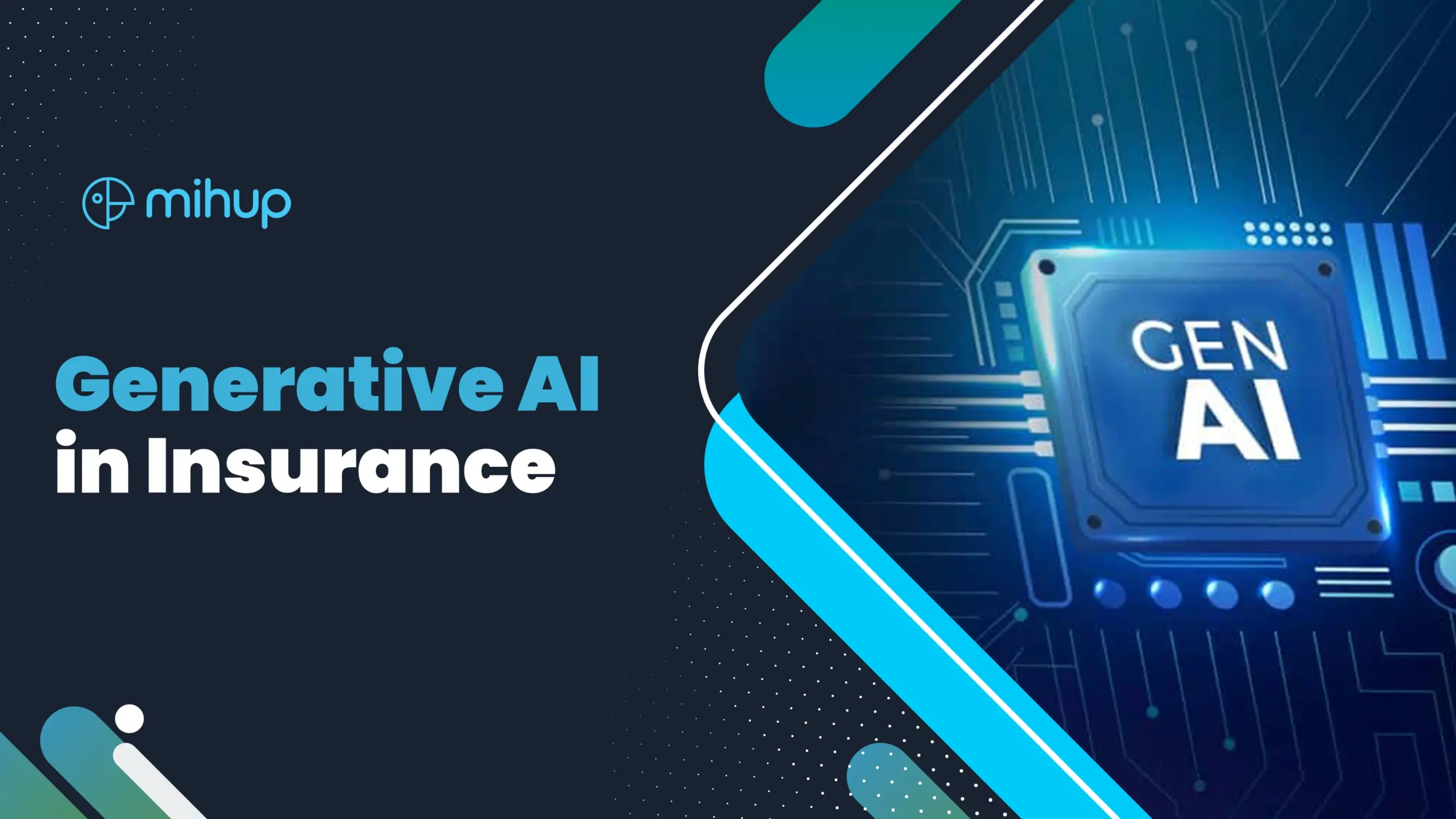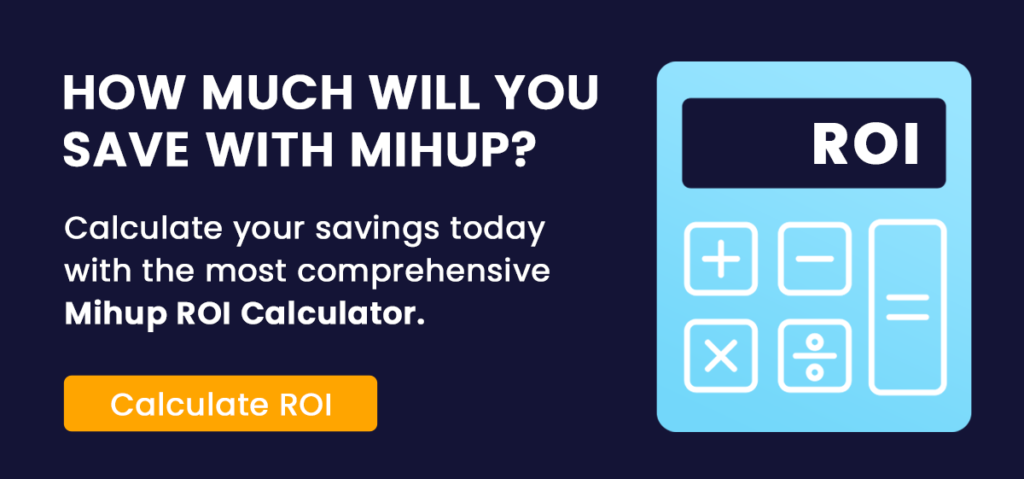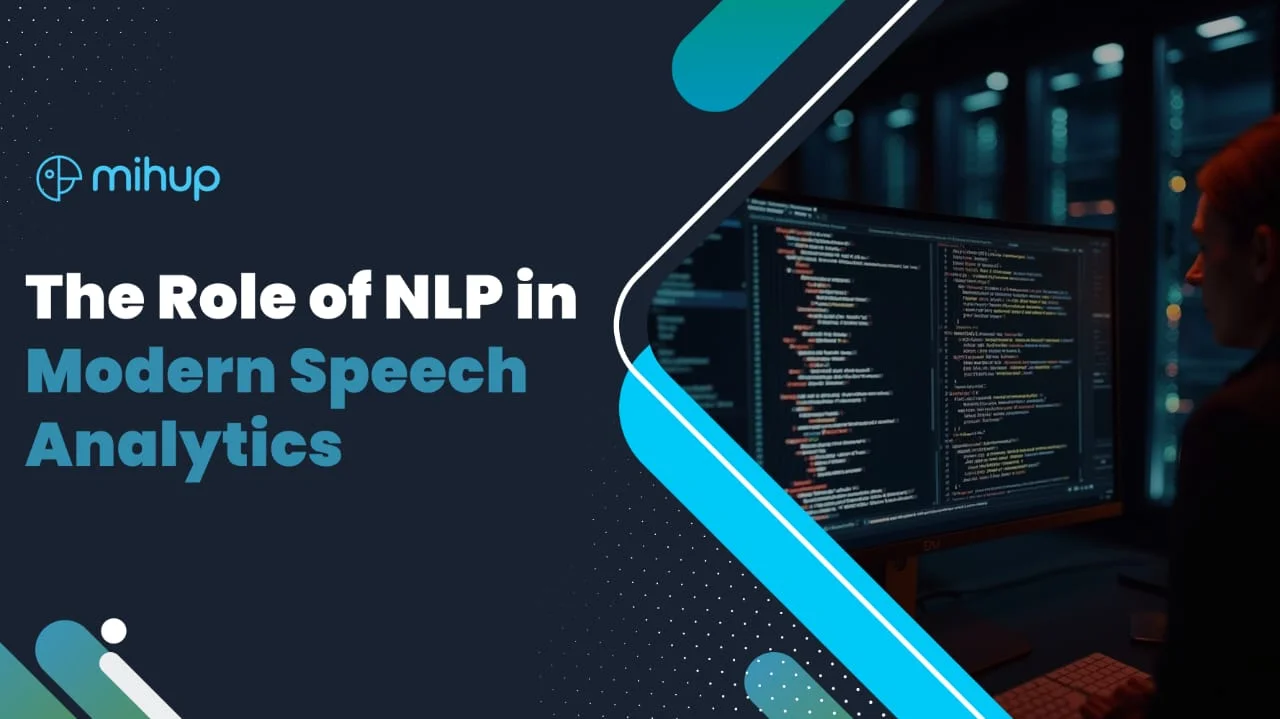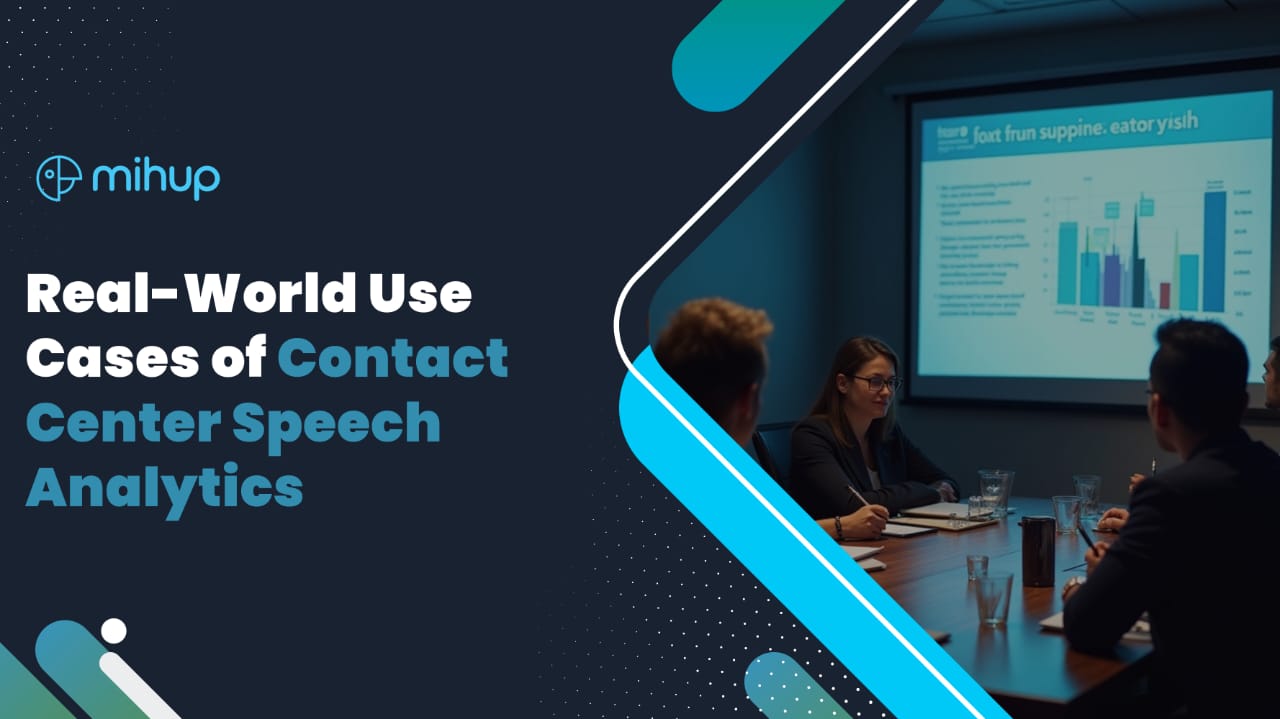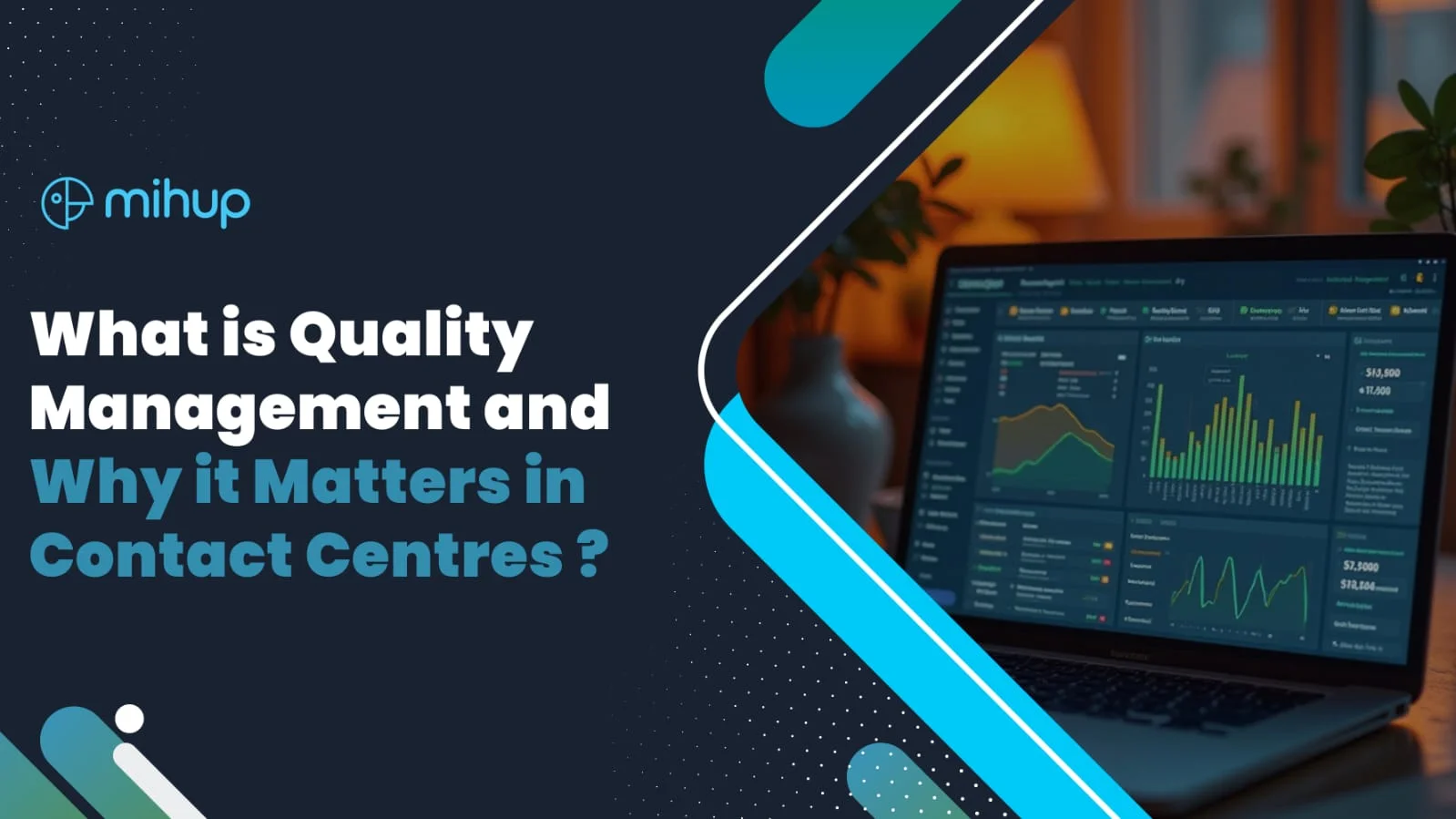It’s hardly a day that we haven’t heard anything about Generative AI and its applications and potential uses in different industries. Companies are optimizing their basic operational efficiency and creating customized solutions as per the evolving demands of customers by integrating Generative AI into their operations. So, it should not be a surprise if the integration of Generative AI can have a massive impact and serious consequences for insurance.
In this article, we shall explore the powerful implications of Generative AI in the insurance domain and the limitations of GenAI that it has broken to introduce a productive future where everything revolves around the consumer.
Key Problems Solved by Generative AI
1. AI in Underwriting and Risk Assessment
The most important aspect of the insurance industry is underwriting. It typically requires a time-consuming, prone-to-error manual scoring system. This transformation of Generative AI will help insurers to analyze large data for their needs in real time with the utmost accuracy. Generative AI in insurance enables faster decision-making and accuracy in policy pricing by analyzing historical data, customer behavior, and market trends to derive better risk evaluations.
With its simple integration process, insurance AI allows insurers to automate various routine tasks and use the enhanced risk assessment outcome in preparing more customized coverage offers for end customers.
2. Fraud Detection and Prevention
One of the biggest headaches that insurers deal with every year is fraud and it costs insurers billions annually. And this is where generative AI enters the picture — helping to dig through data patterns and detect anomalies that result in fraud. AI in insurance refers to the algorithms that continuously learn from past fraud cases, meaning that insurance will get better and pick up future forms of fraudulent activity.
By flagging suspicious claims for further investigation, Generative AI in insurance helps maintain the integrity of the system and reduces financial losses.
3. Enhanced Customer Experience through AI
If insurers want to stay competitive and relevant in the industry, they need a seamless, intelligent customer experience. Generative AI reimagines customer service because customer chatbots now are there to assist customers with whatever they need, wherever and whenever they need it.
They can answer questions, help in selecting a policy, and take the customer through the claims process with zero friction.
Moreover, Generation AI in insurance is capable enough to understand how the customer behaves and what are his preferences from which insurance companies can recommend suitable policies and adjust those already in place for the customers. This not only supports to grow customer support but additionally fortifies client loyalty.
4. Personalized Product Offerings
In an industry where data is king, generative AI enables insurers to customize their product offerings based on the unique requirements of each customer. AI in insurance evaluates various data sets, such as customer profiles and behavior, to provide insurers with the ability to create personalized solutions catering to the specific demands of policyholders. Such personalization increases the likelihood of the appeal of insurance products because it is more relevant to the consumers.
Enhance your customer experience with personalized calls with the help of AI.
Book a Mihup’s Call demo!
How Generative AI Disrupts the Insurance Sector
1. Data-Driven Decision Making
Generative AI adoption in insurance has completely transformed the way insurers used to decide. Data analysis is often reactive, rather than predictive; traditional methods are slow and demand focus on specific datasets and their contributors. AI in insurance allows for more precise underwriting decisions, improved premium pricing, and supporting risk management by digesting complex information rapidly.
2. Predictive Analytics for Risk Management
Insurance is primarily a service for risk management, and Generative AI provides predictive analytics for risk… Using historical data, the AI prediction models are capable of predicting potential risks at a high level of accuracy. Such a proactive measure enables insurers to amend their strategies ahead of time and reduce risks before they become real.
For example: Generative AI in the insurance industry can predict the probability of either approving or denying a medical claim using demographic data, allowing health insurers to develop more accurate pricing models and enable better forward-looking claims projections.
3. Efficient Claims Processing with AI
The traditional approach to claims processing has always been a labor-intensive task. Generative AI is greatly enhancing this process with automated claim verification and data extraction processes. Generative AI assists insurance by using speech and text recognition technologies, which drives faster claim settlement and lowers the probability of human error thus facilitating better settlements. Instant approval for simpler claims and complex cases can be flagged for human review.
The shift towards automation not only speeds up the claims process but also enhances customer experience, as policyholders receive quicker resolutions for their claims.
Book a Mihup Demo for Free – to unlock the power of AI in claim support!
4. Dynamic Pricing Models
Pricing models are often fixed, ignoring real-time changes in customer behavior or risk levels. Generative AI introduces dynamic pricing models that adapt to fluctuating market conditions, offering more accurate and fair premiums. By continuously analyzing customer data and external factors, insurance AI ensures that prices reflect current risks, resulting in more transparent and customer-friendly pricing.
Mihup.ai’s Impact on the Insurance Industry
Mihup.ai, an AI-driven conversational platform, is making waves in the insurance industry by helping companies enhance their customer service capabilities through Customer service AI by leveraging the power Generative AI. Mihup.ai’s platform uses AI in insurance to streamline communication, reduce friction in customer interactions, and ultimately improve customer satisfaction. The AI-driven system can analyze customer queries, determine intent, and provide instant responses, which significantly cuts down response times, and improves overall efficiency and CSAT score.
Additionally, Mihup.ai’s conversation Intelligence can be integrated with insurance AI to help insurers reduce manual workload, expedite settlements, and improve accuracy, all while ensuring a smoother customer journey.
Conclusion
No wonder that Generative AI in insurance is a transforming technology. This technology is transforming how insurers interact with customers, assess risk, process claims, and reach key decisions. The application of AI provides numerous advantages over big data for insurance sector companies, like enhanced operational processes, reduced costs, and improved customer experience. The application of insurance AI in underwriting and claims function is already coming of age enabling insurers to provide services that are tailored in real time which are unimaginable.
In the bid to remain relevant in a rapidly digitalized world, insurers have no option but to accept Generative AI in the insurance sector. Generative AI will enhance insurance providers by assisting with customer service, claims processing, and improving efficiency in an evolving environment.
